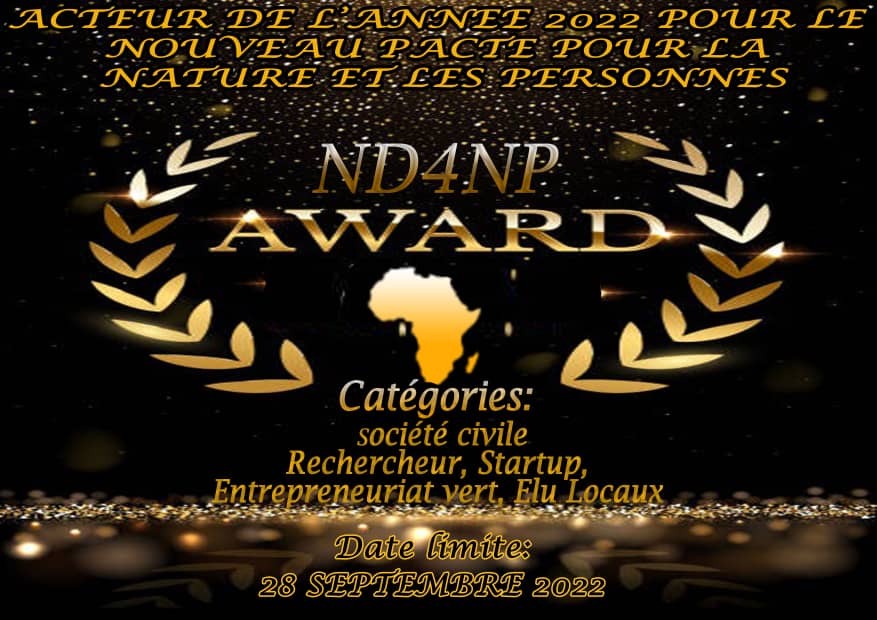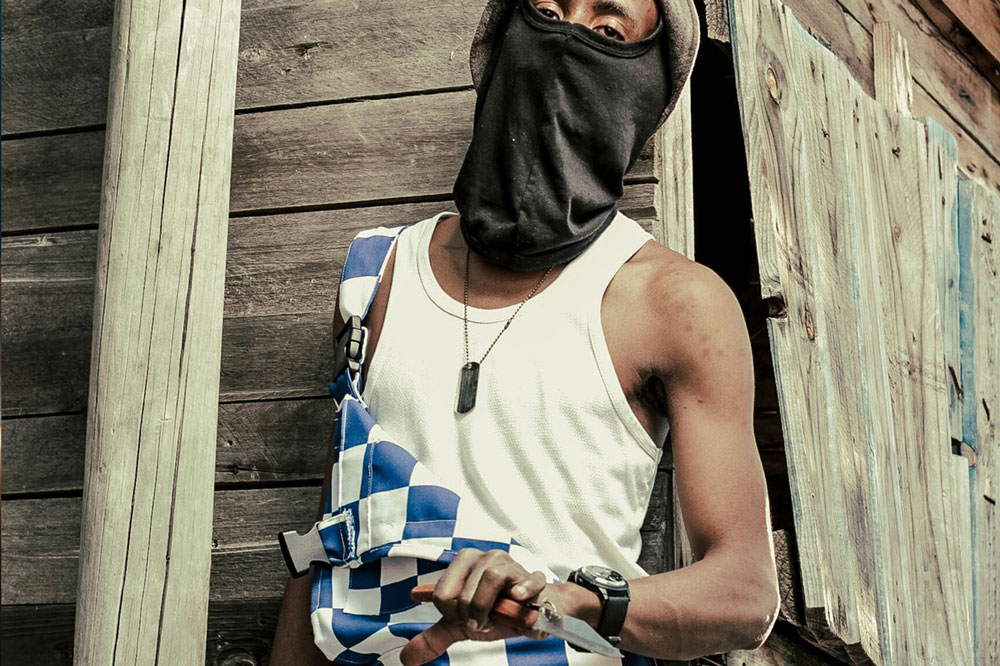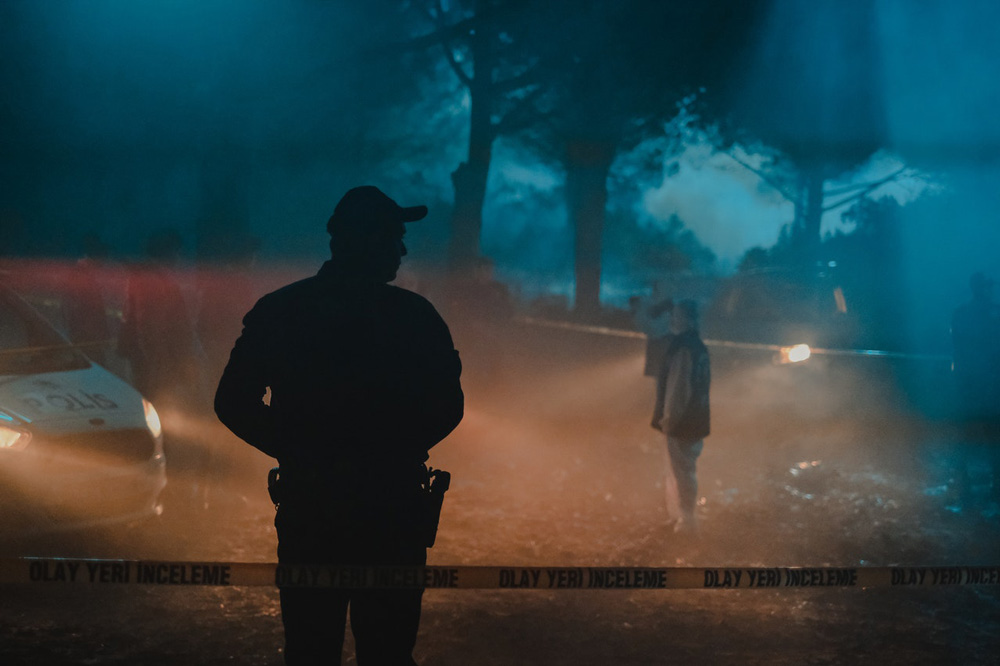APPLY FOR THE AWARD New Deal for Nature and People Actor of the Year By 16 September 2022
- Context
Global warming is deeply unfair: poor people in low-income communities are already suffering the most from global warming. Last years, tens of millions of people were forced from their homes by climate change, resulting in more refugees than conflict and violence combined. We can stop this; we can stabilize the climate and in doing so create jobs and opportunities for all in a new green economy.
Failure to tackle nature’s decline will increase nature-related risk (desertification, pollution, erosion, overexploitation of natural resources such as forest and water), hamper prosperity and economic development, further disrupt supply chains, threaten global food security, and cost the global economy at least $479 billion a year – amounting to $10 trillion by 2050. Addressing the aforementioned challenges requires the involvement of all the layers of the society including young people and women.
Several young people, women and men are engaged to stop and reverse the catastrophic loss of biodiversity, ensure good governance, human rights, peacebuilding and put nature on the path recovery for present and future generations. In order to contribute to their recognition and give them more platforms of visibility, African network of Young Leaders for Peace and Sustainable Development launches the New Deal for Nature and People Actor of the Year 2022. Their story must be known and heard by the world in order to inspire the next generation.
We do encourage all those that are working in sustainable development goals areas in general and particularly in topics such as (1) Climate, biodiversity Communication, (2) Artists, Film-Makers and Climate Change; (3) Religion, biodiversity and Climate Change; (3) Green Jobs and Green Tech; (3) Fuel, gas, mineral exploitation; (4) Reduce, Re-Use, Recycle for nature and climate; (5) Reducing Waste & cleaning up; (6) ecosystem restoration; (7) Afforestation, mangrove and forest protection; (8) Renewable and sustainable Energy; (9) Tourism for nature and climate; (10) Energy, Oil and gas for nature: Championing/advocating for renewable and clean energy, green strings; (11) Aquaculture; (12) Nature and regenerative based Solutions; (13) Biodiversity and Forest Conservation; (14) Ecosystems based adaptation for Food Security; (15) Climate Smart Agriculture and regenerative Agriculture; (16) protection and management of coastal and water-based ecosystems, such as mangroves and seagrass; (17) Water, hygiene, sanitation and health; (18) Nature-based Solutions to restore, regenerate and sustain watersheds; (19) Ocean, wetland restoration and water provisioning; (20) Environment and infrastructure; (21) Loss and damage; (22) Digital and artificial intelligence for nature and climate; (22) environmental and sustainability law; (23) Peace, climate and migration; (24) Children, peacebuilding and ecosystem safegard; (25) Nationally Determined Contributions (NDCs) and; (24) Other sustainable Development goals sectors.
- Cathegories of the Award
The New Deal for Nature and People Actor of the year is an award that is granted to one person in each of the below categories, for his/her commitment and tireless work for nature, for climate and sustainable development goals. The Award is made up of 4 categories:
- Civil society (activist, member of an organization or a group, Expert…)
- Research (Researcher, scientific works, scientific articles….)
- Green Entrepreneurship (Nature Based solutions, Startup, business…)
- Local elected (Mayors, parliamentarians…)
- Selection Criteria
The award honours actors who made a substantial contribution to the pursuit of peace and sustainable development in his /her community, region or continent. The annual award recipient is chosen with the help of the New Deal for Nature and People Award committee made up of experts from civil society, researchers, government officials. The Committee’s core role is to help select the finalists and the awardee of the New Deal for Nature and People Actor of the Year.
Nominees should demonstrate the following four qualities:
- Commitment: An actor who works to prevent or resolve pressing issues at local, national or international level.
- Exceptional Leadership: An actor with a vision, who embodies innovation in his/her actions and has earned the respect of community.
- Outstanding Practitioner: An actor who mobilises stakeholders for nature, climate and people at local, national or international level.
- Substantial Impact: An actor whose work has led to tangible results.
Requirements
Every nominee must meet all of the five requirements listed below in order to move forward in the nomination application process.
- Anyone can nominate him/herself or another person for this award.
- The nominee must be an activist of at least 18 years of age.
- The nominee is called to duly fill out the google form, by providing as much as possible proofs and attaching his/her document “My Commitment for Nature, Climate and People”
- The nominee should not be employed by ANYL4PSD or a recipient of previous ND4NP Awards.
Each candidate is invited to prepare a document titled “My Commitment for Nature, Climate and People” containing the answers to the following questions.
(a) What is your name and your country of origin? (b) What is/are the problem(s) you have adressed? How did the issue(s) affect(ed) human rights, your community and the environment? Why did you commit to solving/adressing this/these problem(s)? (c) What goal(s) did you set to help solve/adress this/these problem(s)? (d) Who were the target(s) and the beneficiaries of your Actions? (e) What are the specific actions you have carried out to solve/adress this/these problem(s) ? (f) What results and positive changes have you achieved so far through your actions (please insert figures if possible)? (g) Can you talk about the difficulties you have encountered during the implementation of your actions? (h) What solutions have you developed to overcome each of the difficulties you have encountered? (i) Which actors helped you to solve these difficulties and how? (J) Which lessons have you learned from the implementation of your Actions? (k) Which actions do you wish to undertake in the future? (k) Which recommendations can you formulate towards local, national, regional and international stakeholders regarding this/these problem(s) you have been committed to solve? (l) Can you insert photos and/or useful links related to your actions to support your candidacy? (m) Kindly provide your full name, your country of residence, your phone number with country code and your email.
You will attach the document “My Commitment for Nature, Climate and People” when filling out in the google form (at the required section).
To participate, kindly fill out this Google form: https://forms.gle/RrdXZzAREorYDjLHA
Dateline for submission: 16 September 2022
Results will be disclosed by November 2022
We will be grateful if you can spread the word in your various networks, platforms and social media. Should you have any question, do not hesitate to contact us in-box at the WhatsApp number +237 657991622.
- Frequently Asked Question FAQs
What is the New Deal for Nature and People?
In the UN Decade for Ecosystem restoration the New Deal for Nature and People is a global movement that seeks to protect and restore nature for the benefit of people and planet – proposing no more loss of natural spaces or extinctions as well as halving the negative ecological impacts of production and consumption. It champions strengthened commitments and delivery mechanisms for the UN Biodiversity Convention alongside a strengthened private-sector commitment to action – and efforts to deliver current UN agreements on tackling climate change and encouraging sustainable development – the fate of the climate, human development and nature are linked together.
What are the benefits tied to the Award?
- An online promotion of the winners will be made;
- The Winners will be showcased in a Special Edition of the New deal for Nature and People Magazine
- ANYL4PSD and partners will grant to the Winners opportunities to showcase their works in various platforms
- The Winners will be invited to speak as special guests in several events.
Who can submit nominations?
Both men and women can act as nominators. Nominators should be familiar with the nominee’s work and be able to speak specifically to ways in which the nominee meets the selection criteria. Self-nomination is accepted.
Can I nominate more than one person?
No. Nominators may not nominate more than one person.
Does the activist I am nominating need to know I have nominated him/her?
Yes. Nomination applications should be completed in consultation with the nominee. Nominators
Can more than one person nominate the same individual?
No. Only one nomination application will be accepted for each activist. If more than one nomination is received for a nominee, the first nomination submitted will be considered for the award.
Can I nominate myself for the award?
Yes. Self-nominations are accepted.
What happens to a nomination application if the nominee does not meet the Eligibility Requirements for the award?
All nomination applications are reviewed to ensure that the nominee meets the Eligibility Requirements. If a nominee does not meet the Eligibility Requirements, the nomination application will not be accepted.
If the nominee is not chosen as a Finalist for the ND4NP Award, is He/she eligible to apply for another ANYL4PSD grant or fellowship opportunity?
Yes. A nominee may apply for ANYL4PSD grant or fellowship opportunity.
Who do I contact if I have additional questions about the award?
Kindly contact us via the WhatsApp number +237657991622



